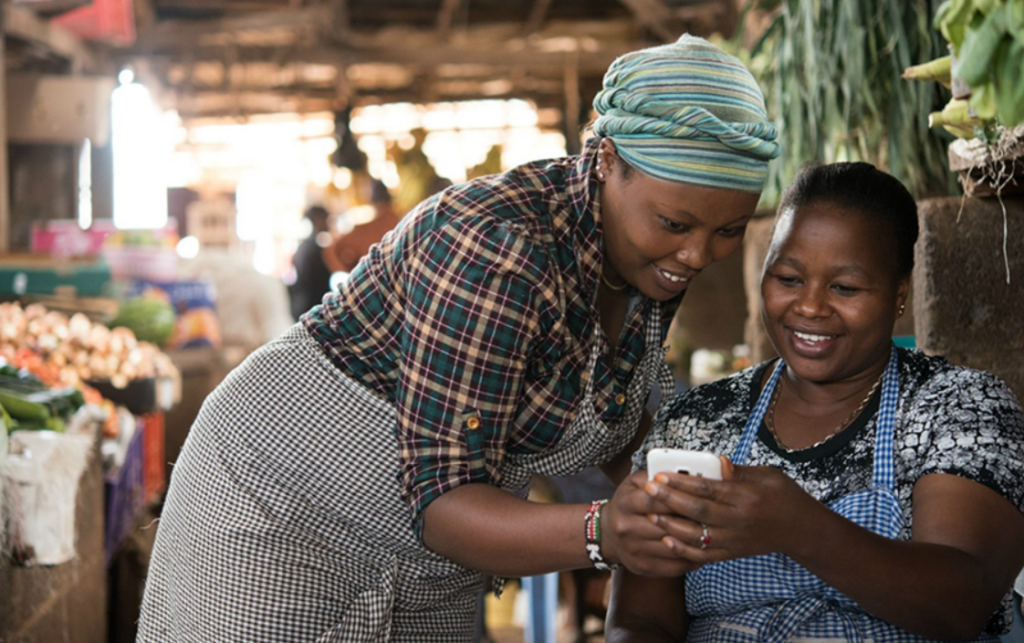The Federal Government has reiterated its determination to reposition Nigeria’s economy and rebuild investor confidence through reforms that prioritize micro, small, and medium-sized enterprises (MSMEs).
Vice-President Kashim Shettima, represented by Dr. Tope Fasua, Special Adviser to the President on Economic Affairs, made this known at the 6th Annual Lecture of the Development Bank of Nigeria (DBN) in Abuja.
He said President Bola Tinubu’s administration entered office with a firm resolve to reset the country’s economic direction, emphasizing that the theme of the lecture, “Positioning Nigerian MSMEs for Growth in a Dynamic Policy Environment,” aligns with the government’s Renewed Hope Agenda.
“MSMEs are not peripheral actors, they are the lifeblood of our economy, accounting for more than 80 percent of employment and contributing significantly to GDP,” Shettima said. “Government will continue to provide policy clarity and enabling infrastructure, while institutions like DBN remain critical in translating this vision into action.”
He explained that recent economic reforms—including the removal of fuel subsidy, energy sector restructuring, and unification of the foreign exchange market—were necessary to free up resources for infrastructure, healthcare, education, and social investments. According to him, such reforms, though tough in the short term, are designed to stabilize the business climate and create opportunities for long-term growth.
Shettima called on citizens and the private sector to align with government policy, innovation, and development finance toward building “a country where small businesses flourish, industries expand, and prosperity is widely shared.”
On his part, DBN Managing Director, Dr. Tony Okpanachi, acknowledged the challenges MSMEs face—chief among them, access to affordable finance. He however noted that recent policy frameworks have offered renewed hope.
He cited the inauguration of the National Council on MSME, which now plays a central role in formulating policies, fostering public-private partnerships, and enhancing inter-agency collaboration.
Highlighting DBN’s impact, Okpanachi disclosed that as of December 2024, the bank had disbursed over ₦1.1 trillion to MSMEs nationwide through 79 participating financial institutions, reaching more than 700,000 small businesses.
“These are not just statistics,” he said. “They represent jobs sustained, dreams realized, and enterprises positioned for growth. We remain committed to ensuring MSMEs prosper, as their survival and expansion directly translate into economic stability.”
Industry analysts say MSMEs remain central to Nigeria’s economic recovery, especially in a policy environment marked by currency volatility, high inflation, and structural reforms. The government’s consistent signaling toward support for small businesses is expected to play a vital role in boosting investor confidence, driving job creation, and ensuring sustainable economic growth.





